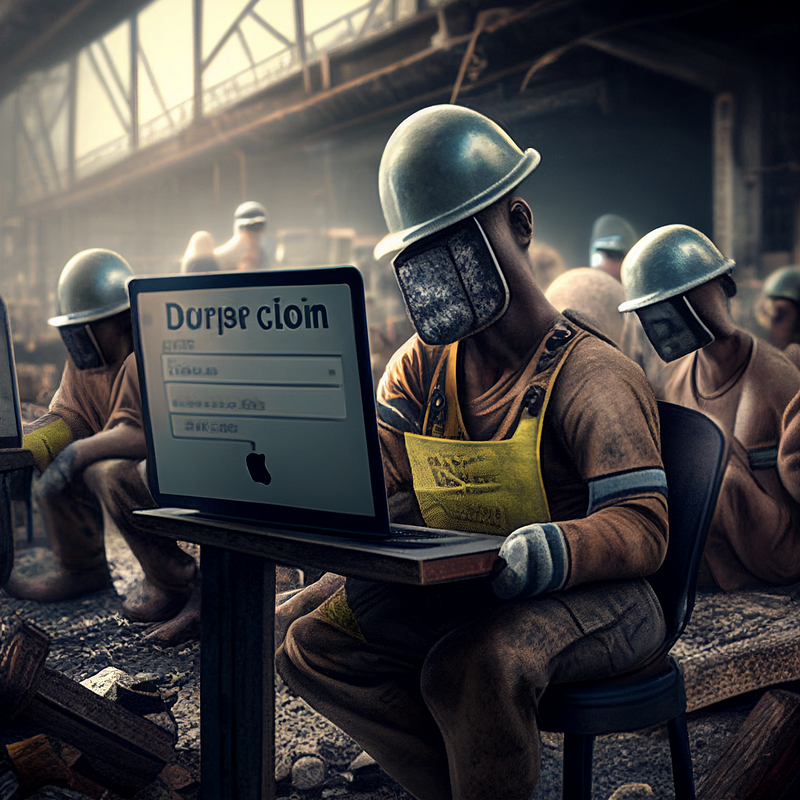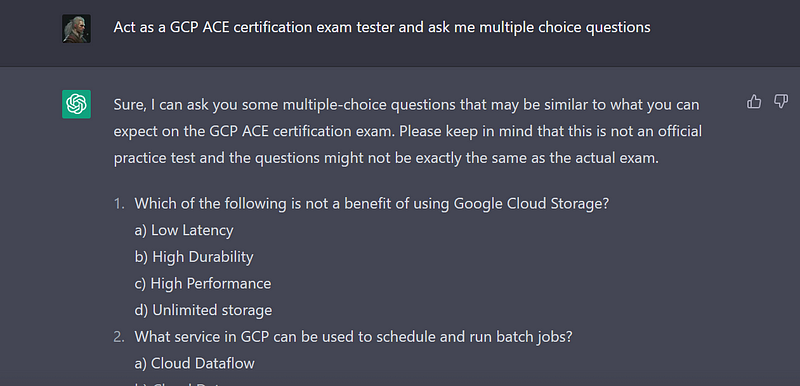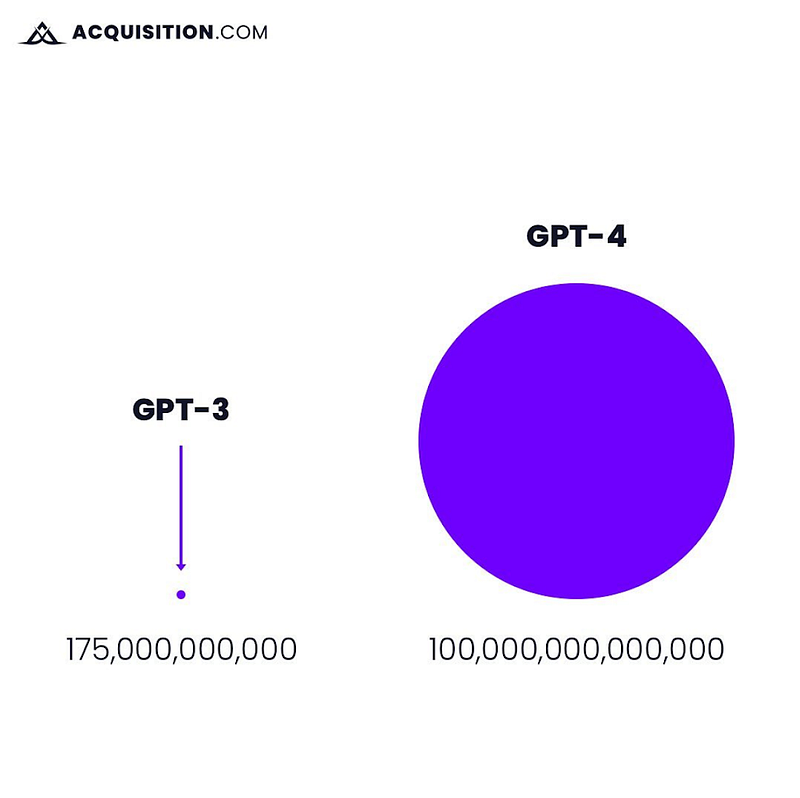The Evolution of AI and Its Impact on Software Development
Written on
The Rise of AI in Everyday Life
Artificial intelligence (AI) has become a significant force across various industries, and we are merely at the beginning of its journey.

The fascination with AI has persisted since the late 2000s, particularly after the release of films like Iron Man, which showcased J.A.R.V.I.S., the intelligent system created by Tony Stark.
In 2007, the introduction of the iPhone marked a notable moment in tech history, yet it fell short of the AI capabilities portrayed in movies. Fast forward 15 years, AI has dramatically transformed our daily interactions, from smartphone functionalities to smart home devices like Alexa and Siri. Its integration is so seamless that it's often overlooked. However, as we encounter AI-driven tools, we can't help but ponder the vast potential they hold.
The advancements in speed and efficiency are remarkable, and this is just the beginning.
2022: The Year of Generative AI
The year 2022 marked a significant leap in AI capabilities, particularly with the rise of "Generative AI." This framework includes AI models that can produce new data—be it text, images, or audio—with ease, requiring minimal technical expertise from users.
The early months of 2022 saw impressive developments in AI image generation, with tools like DALL·E 2 and MidJourney becoming widely accessible. On November 30, 2022, OpenAI launched ChatGPT, which rapidly gained a million users within just five days.
ChatGPT and Its Versatility
ChatGPT operates on the GPT-3 architecture, a sophisticated AI language model trained on vast internet data to generate human-like text. Since its launch, it has garnered extensive feedback, continuously improving its responses to user prompts.
For instance, when I engaged with the chatbot, the quality of its responses was surprisingly human-like.

The extensive use cases of ChatGPT demonstrate its utility for both creators and users alike.
Speculation exists regarding AI's potential to displace jobs. However, this may not happen—at least not imminently. ChatGPT can write straightforward applications in languages like JavaScript and Python and even debug existing code, but there are limitations to relying solely on it for programming.
ChatGPT's Reliability: A Double-Edged Sword
To test ChatGPT's capabilities, I asked it to simulate a Google Cloud certification exam. While it started off strong, it soon faltered, providing inaccurate questions and answers.

One of the questions featured a non-existent Google Cloud service, showcasing the importance of critical evaluation of AI-generated content.
While OpenAI acknowledges that their AI may produce incorrect information, relying solely on it without verification can lead to significant issues for learners and developers.
The Future of AI: What Lies Ahead?
The potential of ChatGPT has not gone unnoticed, with significant investments like Microsoft's $10 billion stake in OpenAI, aimed at enhancing their search capabilities. Rumors suggest that a new iteration of the model, GPT-4, may be on the horizon.

The future of AI promises to be transformative across various sectors, from manufacturing, where robots outperform humans in efficiency, to healthcare, where AI aids in diagnostics and treatment strategies.
Even in finance, AI tools facilitate data analysis for better decision-making. The dream of fully autonomous vehicles is becoming a reality, indicating a shift that could create new job markets.
As we look ahead, it's vital for those in the software development field to adapt to these changes. AI is already creating new opportunities, similar to how computers and smartphones did in the past.
Embracing the AI Revolution
In conclusion, the AI revolution is upon us, and adapting to these technological changes is crucial for success in the future.
If you found this exploration insightful, you may also appreciate these articles:
- Lessons Learned from Senior Software Developers
- Popular Programming Languages Used by Top Organizations
For more valuable insights, consider subscribing and supporting my work. Thank you for being a part of this journey!
Chapter 2: The Impact of AI on Software Development Jobs
In the video "AI Disruption & Its Impact On Software Development Jobs," we explore the evolving landscape of job roles in the era of AI.
Chapter 3: The Future of Developers in an AI World
"The Current State of AI and the Future of Developers" discusses how developers can thrive amidst the rapid changes brought about by AI technologies.